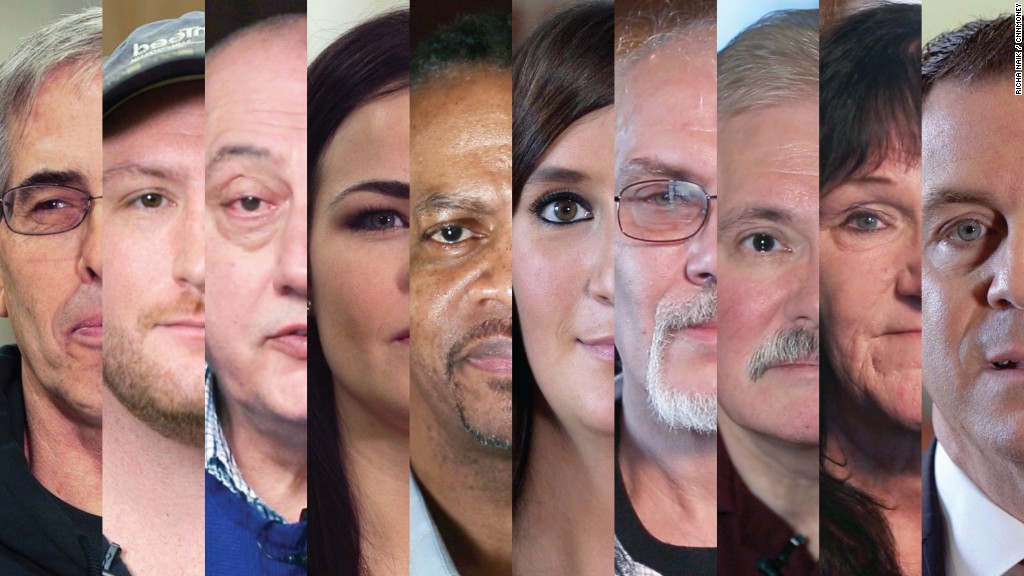
JPMorgan CEO Jamie Dimon says that stocks have rallied because President Trump has awoken the "animal spirits" of investors.
Yeah, well, what does that mean exactly?
The term "animal spirits" was popularized by John Maynard Keynes (he of Keynesian economics), who used it just three times in his 1936 magnum opus "The General Theory of Employment, Interest and Money."
The British economist used the phrase to describe the very human urge to take positive action, even in the face of uncertainty. "If the animal spirits are dimmed and the spontaneous optimism falters, leaving us to depend on nothing but a mathematical expectation, enterprise will fade and die," he wrote.
The newspaper columnist William Safire, who wrote elegantly on both politics and language, traced the etymology of the term further in 2009. The earliest use he found was a translated text on surgery from 1543. Daniel Defoe deployed it in "Robinson Crusoe," as did Jane Austen in "Pride and Prejudice."
Safire said it was William Wood who first applied it to economics in 1719: "The Increase of our Foreign Trade ... whence has arisen all those Animal Spirits, those Springs of Riches which has enabled us to spend so many millions for the preservation of our Liberties."
Related: How much credit should Trump get for jobs?
Keynes, who was writing in the aftermath of the Great Depression, was exploring the "why" of economic decision making. What encourages a business owner to take a risk? What are the psychological motivations that make markets and economies tick? The answer was, in part, animal spirits.
More recently, however, animal spirits has taken on a different implication -- being used to describe not only action, but irrational action.
That may have been the way Dimon was using the term:
"One of the CEOs came out of one of those meetings [with Trump] and said, 'We've never had such a pro-business president since the founding fathers.' Now, I'm not sure that's true, but consumer confidence, small business confidence, all skyrocketed -- because it's a growth agenda," Dimon said.
Related: Rust Belt voters made Trump president. Now they want jobs
The economist Robert Shiller, co-author of a book that explores animal spirits, wrote in 2009 that researchers have learned much more about psychological motivation in the decades since Keynes' "General Theory" was published.
"Social psychologists ... have shown how much stories and storytelling, especially human-interest stories, motivate much of human behavior," he wrote in the Financial Times. "People's economic moods are largely based on the stories that people tell themselves and tell each other that are related to the economy."
It's easy to see the narrative investors may be responding to with Trump in the White House. He's promised huge tax cuts, less regulation of business and a jobs strategy for the ages.
They may, however, be discounting some important warning signs. Trump's supercharged rhetoric has pushed the U.S. closer to a trade war with China. His views on key economic issues are not well understood, and he often contradicts top advisers.
"Stocks went up maybe rationally because of the growth agenda. Now [Trump has] to do it," Dimon said. "I think they will get it done -- it's just going to take time."
If Trump can't deliver, watch out.
"When confidence is high, and since financial assets are hard to evaluate by those who are buying them, people will and do buy snake oil," Shiller wrote. "And when that is discovered, as it invariably must be, the confidence disappears and the economy goes sour."


